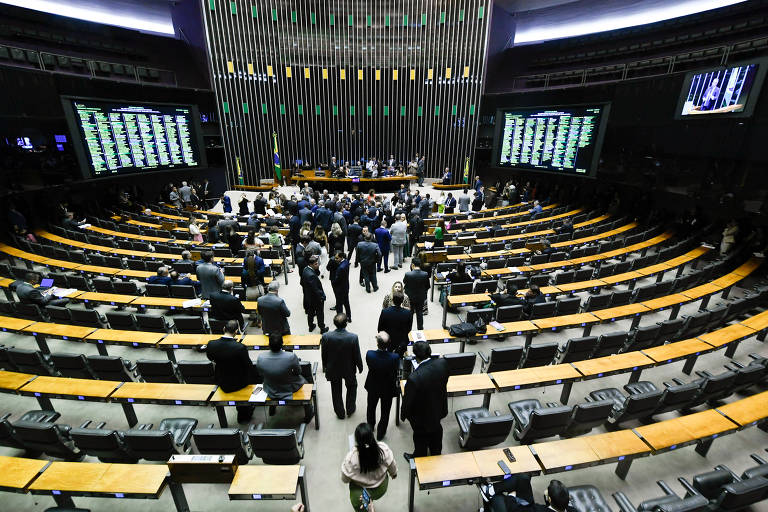The so-called "cultural agenda" of Bolsonarism, which includes issues such as abortion and drugs, has been advancing more in this first half of Lula's government (PT) than in Jair Bolsonaro's (PL) four years.
If from 2019 to 2022 topics like school without party and the so-called Statute of the Unborn stalled, now Congress is making great strides to criminalize drug use and, at least in the House, to equate the penalties for homicide with those for abortion committed after 22 weeks of pregnancy.
A set of factors, including the composition of the Legislature and reactions to the STF (Supreme Federal Court), explains the paradox.
The composition of Congress under Bolsonaro and Lula is similar, with a majority of centrist and center-right parliamentarians. Both the left and Bolsonarism control about a quarter of the seats in the House and Senate.
The difference is that in the 2022 elections, the contingent of parliamentarians more aligned with the former president gained momentum: five former ministers were elected to the Senate, and the PL secured almost 100 deputies. A kind of initial push in the shift observed in Congress came from the Senate.
In the final stretch of her term as president of the STF, Rosa Weber in 2023 revived trials on the decriminalization of drug possession for personal use, the decriminalization of abortion in the first 12 weeks of pregnancy, and the time frame for indigenous lands.
The attitude inflamed the powerful agribusiness, religious, and security caucuses. This led the Senate to stop being the barrier to Bolsonarist projects.
On the contrary, the House went on the offensive. In direct response to the STF, it approved the limitation of monocratic decisions by court ministers, which is now in the House.
It also voted on a project that enshrines in the Constitution the criminalization of drug possession and another that reinstates the agribusiness position on the indigenous time frame.
